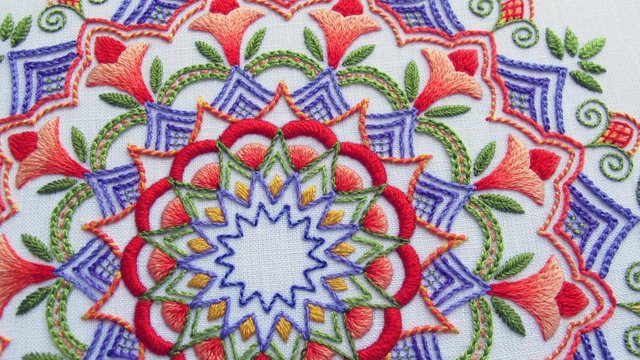Popularity And Technique of 3D Puffs And 3D Foam Embroidery
3d puffs and 3d foam embroidery are a very popular technique. Anyone can notice it at a retail fashion store. This is a great way to attract new business. The businessmen always look for the new ways to promote or market your business.Embroidery digitizing is something that looks attractive and admired no matter where it is being used. You can make sportswear and fashion. If you are not sure what to do, here are some simple instructions.
3d puffs and 3d foam embroiderydigital technology is the same as applique apparel and embroidery digitization. It requires placement of guides, tacks, and cover stitching. This is a difference; the cover needle is also used to cut the foam. This is a high-density satin stitch.
Choosing the right foam is very important to your job. After suturing, the excess foam has been removed. If the foam is too hard and too strong, it will be difficult to remove. The color of the foam will be chosen the same as the color of the embroidery thread. 3D foam  is not suitable for washing, so do it on the hat because these are not washed often.
is not suitable for washing, so do it on the hat because these are not washed often.
How to digitize 3D bubbles:
3d puffs and 3d bubble digitization are hard, but you can do it. I will explain it below.
Within the boundaries of the shape, the digital travel run placement guide. Stop a frame and place the foam on the area. Use a short (1.7 mm) running stitch to secure the foam. By digitizing the narrow columns above it, any "open" needs to be closed first. It helps to cut the foam at the end. It also prevents the foam from expanding.
To help hold, cut and cover the foam, next to Zigzag's “pad”, the stitch length is 1.5-2.0 mm.
The density of satin cover should be increased by 40 to 60%. This depends on the thickness of the embroidery thread used. It also depends on the height of the foam and the color contrast. A typical satin density should be 0.2-0.4 mm when the automatic spacing is off. Prevent foam from passing through and create gaps. Your ligature suture should be fixed. Even if you should use a 4-6 1 pins to run the pins.
2 puff rules:
The part of the design that must be blown must be the last part of the sewing. Embroidery of all flat sections must first be laid with three-dimensional foam. After sewing is completed, the needle pierces 3d puffs and 3d foam embroideryand allows for excess stretching.